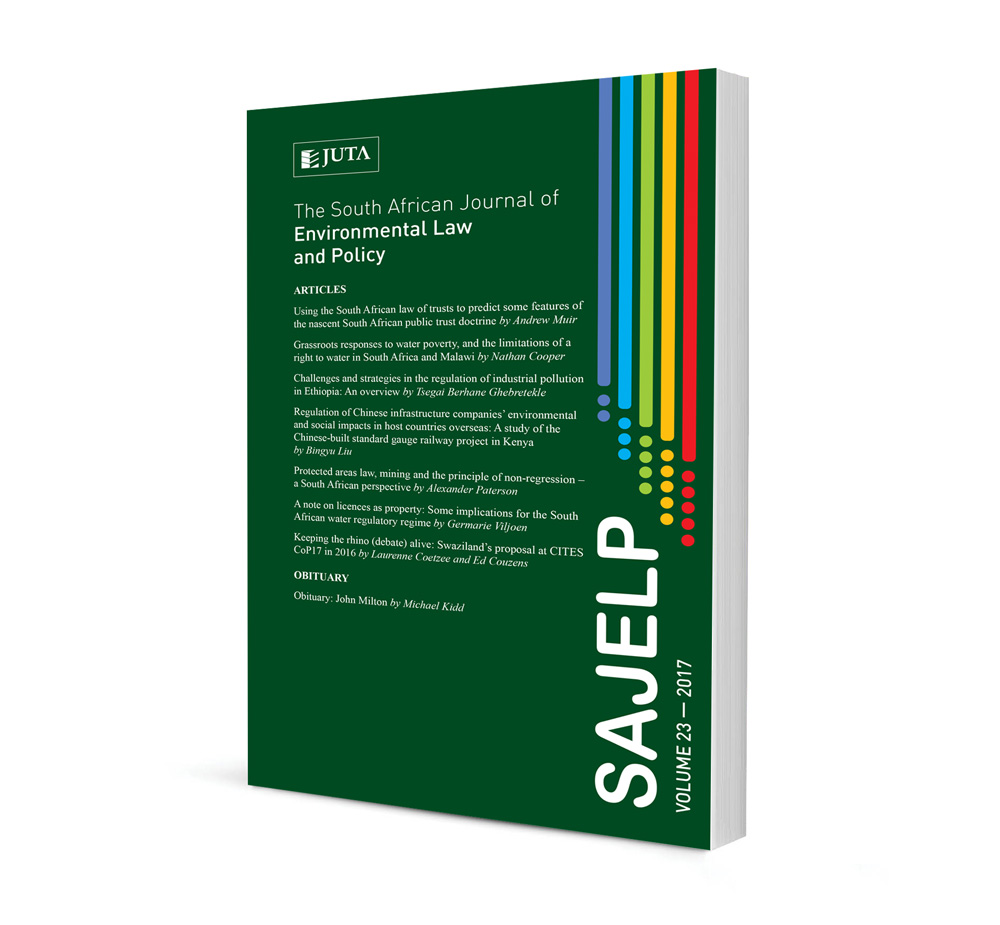Protection of the right to social security of the migrant worker in international law

Protection of the right to social security of the migrant worker in international law
Author: Kehinde Anifalaje
ISSN: 2521-2605
Affiliations: LLB (Unilag), LLM (Ibadan), PhD (Ibadan), Faculty of Law, University of Ibadan, Ibadan, Nigeria, West Africa
Source: Journal of Comparative Law in Africa, Volume 8 Issue 2, p. 104 – 148
https://doi.org/10.47348/JCLA/v8/i2a5
Abstract
The right to social security is recognised as a basic human right in a number of international instruments. While most nations give recognition to social security rights and generally enforce them within the dictates of domestic legislation to their nationals, the narrative is different for non-nationals, particularly the migrant worker. The article examines the measures that have been deployed at international and regional levels to protect the social security rights of migrant workers, with particular attention to the regular ones. It argues that a number of factors, including the doctrines of territoriality and nationality, account for the marginalisation of the migrant worker in the enforcement of these rights. Some migrant-specific international instruments and series of bilateral and multilateral agreements to overcome these perceived challenges are being hindered by the low number of ratifying countries and disparities in the design and level of development of schemes for specific branches of social security across countries. The article concludes that the social security right of the migrant worker would be enhanced if more countries ratify, domesticate and enforce relevant international instruments on the social security rights of the migrant worker and complement same by a much more coordinated bilateral and multilateral social security agreements.
